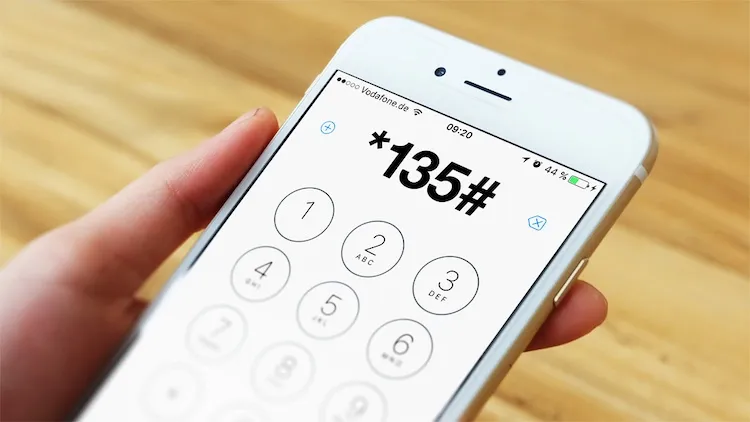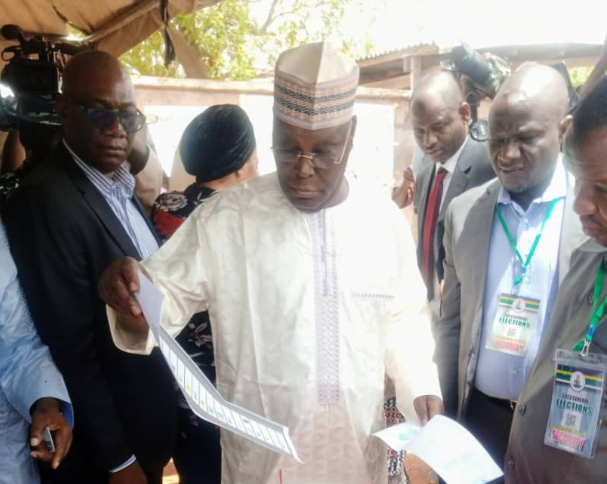The Nigerian Communications Commission (NCC), on Wednesday, directed all mobile network operators (MNOs) to commence the implementation of the approved harmonised short codes (HSCs) in order to provide specific services to telecom customers.
The commission said the new policy was in line with its consumer-centric approach to telecom regulation, according to a statement by Reuben Muoka, NCC’s director of public affairs.
NCC said the short codes include 300, to be used as the harmonised code for call centre/help desk on all mobile networks; 301 for voice mail deposit; 302 for voice mail retrieval; 303 for borrow services; 305 for stop service; 310 for check balance; and 311 for credit recharge.
It also announced that the common code for data plan across networks is now 312; 321 is for share services, while 323 is for data plan balance.
Advertisement
The code, 2442, is retained for do-not-disturb (DND) unsolicited messaging complaint management, while 3232, is retained for porting services, also called mobile number portability.
According to the NCC, the deadline for the transition to the new set of codes is May 17th, 2023, signalling the end of the viability of the old short codes.
Consequently, customers of MNOs such as MTN Nigeria, Airtel Nigeria, Globacom, and 9mobile, will now be able to use uniform short codes across all networks.
Advertisement
HOW IT ALL STARTED
In April 2011, the commission took over the administration and allocation of all short codes in order to provide a cohesive regulatory framework and establish best practices, as well as harmonise the short code database in Nigeria.
In the same period, it released guidelines on short codes operation in Nigeria.
NCC, in June 2017, further engaged Molcom Multi Concepts Limited as project consultant, to harmonise all short codes in the industry and develop a “national short code plan (NSCP)” for the industry.
Advertisement
In February 2018, the NCC released a report on how it aimed to achieve uniform short codes, after an extensive survey conducted by the project consultant.
The report was the foundation of the HSC policy which the commission now seeks to implement.
WHAT DO HSCs ENTAIL?
Short codes are numbers shorter than full numbers which can be used to address wireless short message service (SMS), multimedia messaging services (MMS), as well as voice services from mobile phones or fixed lines.
Advertisement
Prior to the introduction of the HSCs, each operator was assigned short codes that are unique to them.
However, according to NCC, there was a need to address issues such as inadequate short code statistics, indiscriminate use of short codes, among others.
Advertisement
As such, the use of HSCs for accessing common services across all networks became necessary.
BENEFITS OF HSCs
Advertisement
While announcing the implementation of the new HSCs, also known as common short codes, the commission said the initiative was aimed at making life easier for telecom consumers.
The commission added that it will now be easier for Nigerians to memorise single codes for various services across all mobile networks.
Advertisement
Essentially, with the HSCs, when subscribers port from one network to another, they do not need to learn new short codes in order to access critical services on their new network.
“In addition, the new policy will provide opportunity for licensees in the value-added services (VAS) segment of the telecoms sector to be able to use freed-up/old codes for other services, as well as enhance cohesive regulatory framework in keeping with world-class practices,” NCC said.
Ikechukwu Nnamani, president of Association of Telecoms Companies of Nigeria (ATCON), said the introduction of HSC will impact the sector positively, adding that the initiative has been in place in countries like Ghana for many years.
Checks by TheCable showed that Ghana’s National Communications Authority successfully standardised and introduced uniform service short codes in 2014.
“It simplifies the process for subscribers to use these services irrespective of the network they belong. Since most subscribers in Nigeria use multiple networks, this will help a great deal to simplify the process,” Nnamani said.
Asked if there is a possibility for commercial banks to unify their unstructured supplementary service data (USSD) codes, Nnamani said while it is technically feasible, it may not be the best option because each bank is treated as a telecom customer.
“It will almost be equivalent to telling all subscribers to use the same prefix or numbers. So, while it is technically feasible, it is not advisable. Banks should keep their short codes,” he said.
HSCs POSE SOME RISKS TO OPERATORS
Regarding the drawbacks of HSCs, the ATCON president said there was a possibility of single point of failure, depending on the infrastructure used to implement the HSCs.
“As long as each operator has their own infrastructure to implement this, that risk will be eliminated,” he said.
Meanwhile, after a survey was conducted by Molcom in 2018, the company received feedback regarding the negative effects of the HSCs on MNOs businesses.
They include higher marketing costs (cost of customer education, enlightenment, and re-branding), potential post-harmonisation service disruptions and network instability, significant network equipment re-configuration, as well as potential customer losses.
Add a comment






